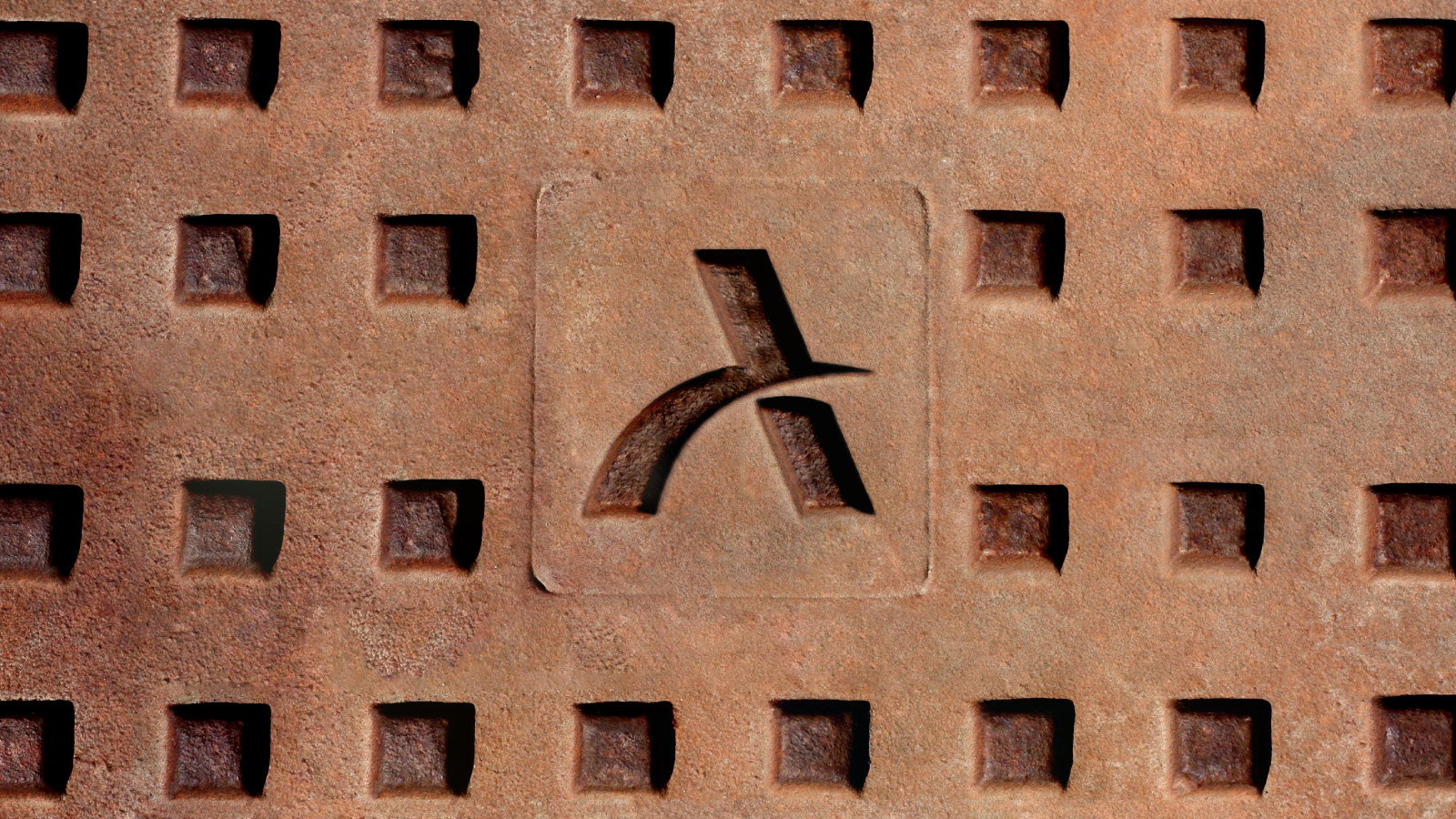


The polymorphism of “Hunker Down” focuses on people who are usually treated
as “Other”. This kind of “Other”, that is usually placed (by itself or by society) on the
margin, this “Other” that can at any time acquire an identity, usually called as a refugee,
immigrant, emigrant, nomad, or traveler. This “Other” is usually a denomination
without a specific role or function. The modern world is marked by the lack of security
and uncertainty and no one can escape it. The word “survival” is its slogan.
On the other hand, clothes are not just external traits and they are at all separated
from the nature of the user. “Hunker Down” takes into account the way in which
a moving person defines space, that is, how he produces spatial conditions. In this
light, living a space means assimilating it with the body. “Hunker Down” is designed
as an essential element around a person’s need of personal space. It allows the user
to be isolated from space at will and produce a “place” where he can stop before he
continues his journey.
Supervisor: Z. Kotionis
State of Emergency, October 2016
Workshop Duration: 2 weeks
as “Other”. This kind of “Other”, that is usually placed (by itself or by society) on the
margin, this “Other” that can at any time acquire an identity, usually called as a refugee,
immigrant, emigrant, nomad, or traveler. This “Other” is usually a denomination
without a specific role or function. The modern world is marked by the lack of security
and uncertainty and no one can escape it. The word “survival” is its slogan.
On the other hand, clothes are not just external traits and they are at all separated
from the nature of the user. “Hunker Down” takes into account the way in which
a moving person defines space, that is, how he produces spatial conditions. In this
light, living a space means assimilating it with the body. “Hunker Down” is designed
as an essential element around a person’s need of personal space. It allows the user
to be isolated from space at will and produce a “place” where he can stop before he
continues his journey.
Supervisor: Z. Kotionis
State of Emergency, October 2016
Workshop Duration: 2 weeks



Non-Places
Marc Augé
Marc Augé
«There is a territory that everybody is using, but nobody wants… the street.»
[…] ΑIf a place can be defined as relational, historical and concerned with identity,
then a space which cannot be defined like this will be a non-place. In essence, the
non-place is characterized by the lack of communication between the subject and
the object, man and his environment; hence his non-anthropological dimension […]
Place and non-place are rather like opposed polarities: the first is never completely
erased, the second never totally completed; The place affected here includes,
within the concept of the anthropological site, the possibility of a movement within
it, the words that are spoken within it and the language that characterizes it. […]
[…]What is significant in the experience of non-place is its power of attraction, inversely
proportional to territorial attraction, to the gravitational pull of place and tradition.
Perhaps the reason why immigrants worry settled people so much is that they expose the
relative nature of certainties inscribed in the soil: the thing that is so worrying and fascinating
about the character of the immigrant is the emigrant. The state of contemporary
Europe certainly forces us to envisage the ‘return’ of nationalisms. Perhaps, though, we
should pay more attention to the aspects of this ‘return’ that seem essentially to express
rejection of the collective order: obviously the model of national identity is available to give
form to this rejection, but it is the individual image (the image of the free individual course)
that animates and gives meaning to the model today, and may weaken it tomorrow..
[…] ΑIf a place can be defined as relational, historical and concerned with identity,
then a space which cannot be defined like this will be a non-place. In essence, the
non-place is characterized by the lack of communication between the subject and
the object, man and his environment; hence his non-anthropological dimension […]
Place and non-place are rather like opposed polarities: the first is never completely
erased, the second never totally completed; The place affected here includes,
within the concept of the anthropological site, the possibility of a movement within
it, the words that are spoken within it and the language that characterizes it. […]
[…]What is significant in the experience of non-place is its power of attraction, inversely
proportional to territorial attraction, to the gravitational pull of place and tradition.
Perhaps the reason why immigrants worry settled people so much is that they expose the
relative nature of certainties inscribed in the soil: the thing that is so worrying and fascinating
about the character of the immigrant is the emigrant. The state of contemporary
Europe certainly forces us to envisage the ‘return’ of nationalisms. Perhaps, though, we
should pay more attention to the aspects of this ‘return’ that seem essentially to express
rejection of the collective order: obviously the model of national identity is available to give
form to this rejection, but it is the individual image (the image of the free individual course)
that animates and gives meaning to the model today, and may weaken it tomorrow..






